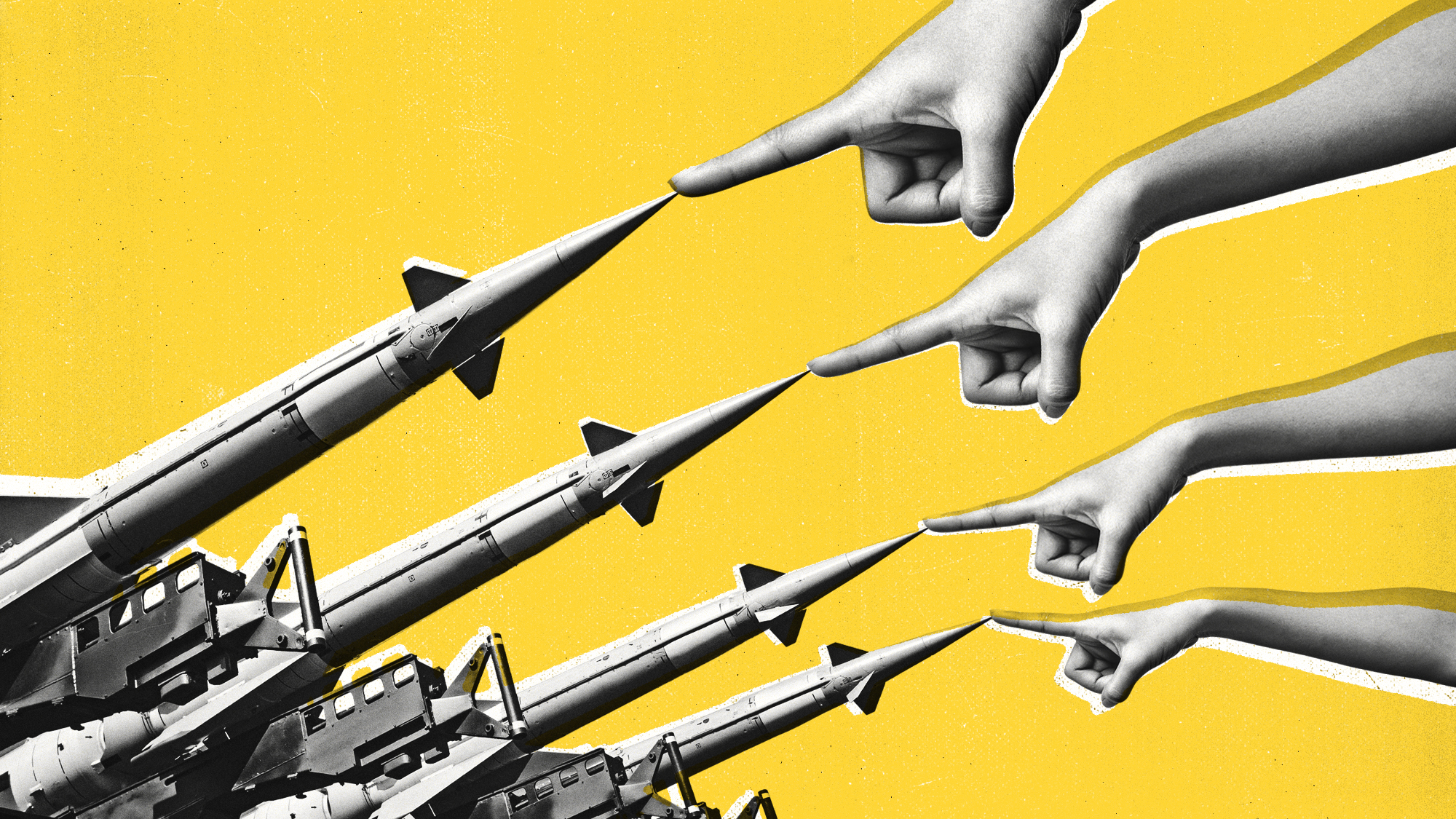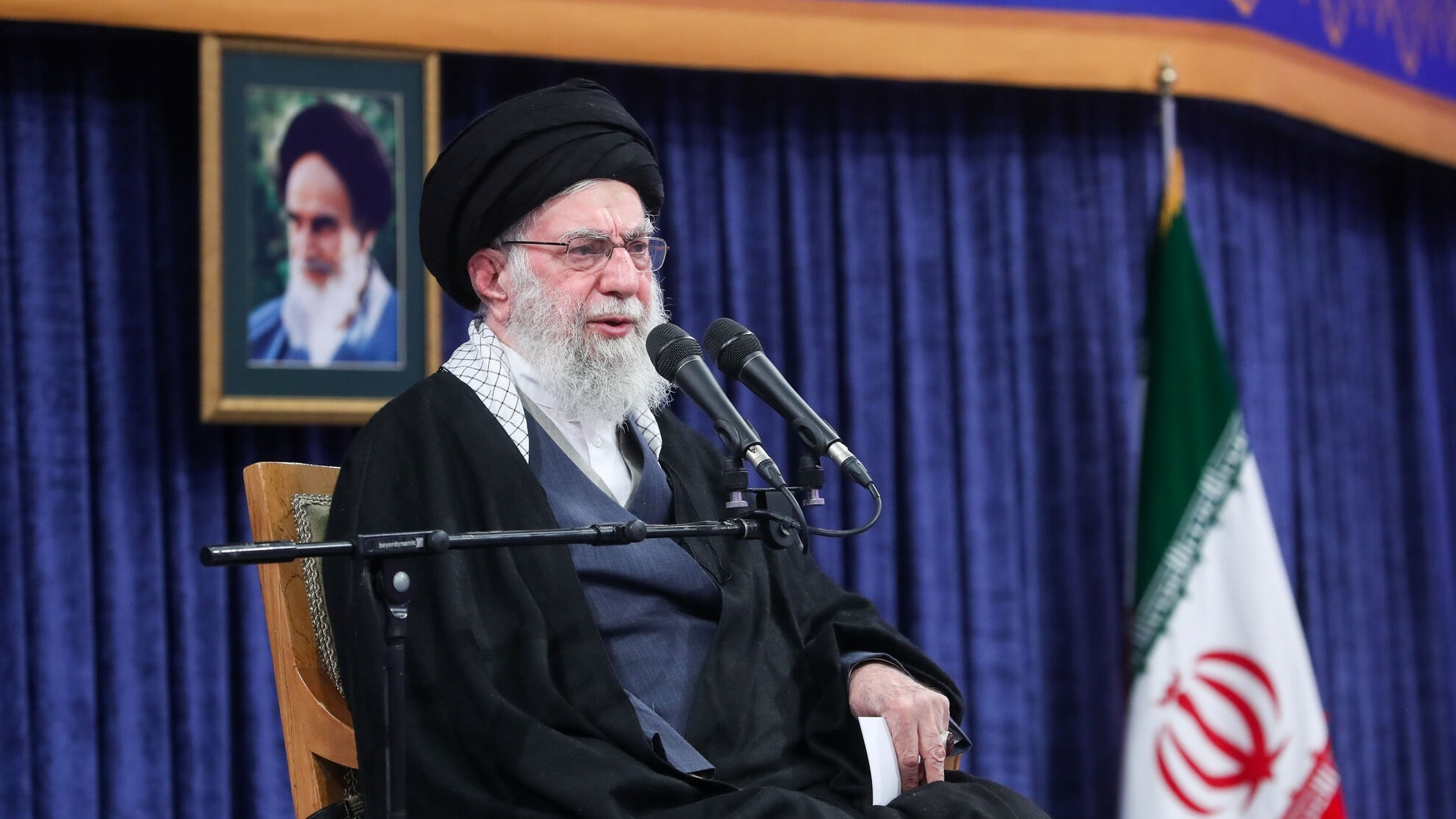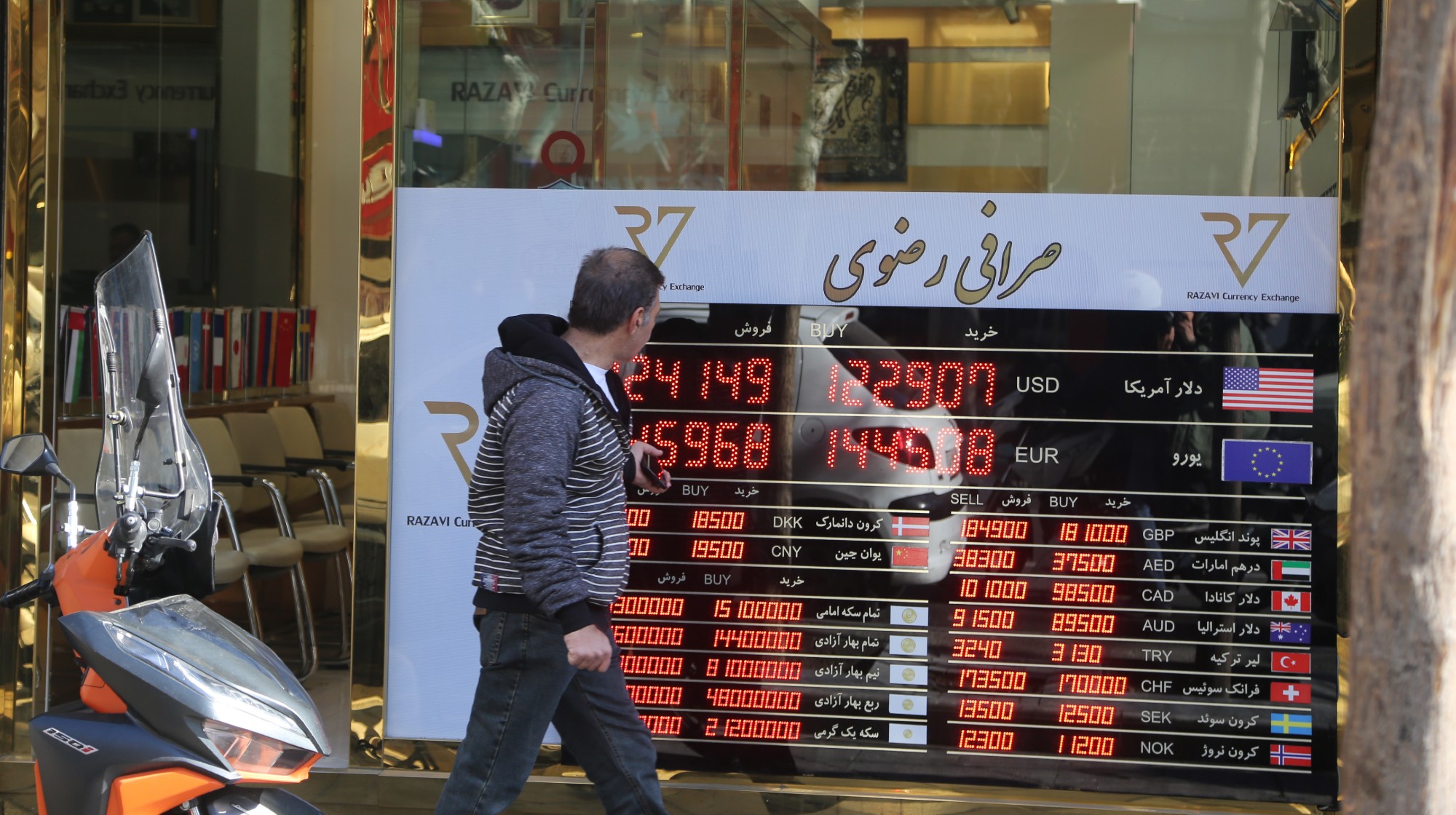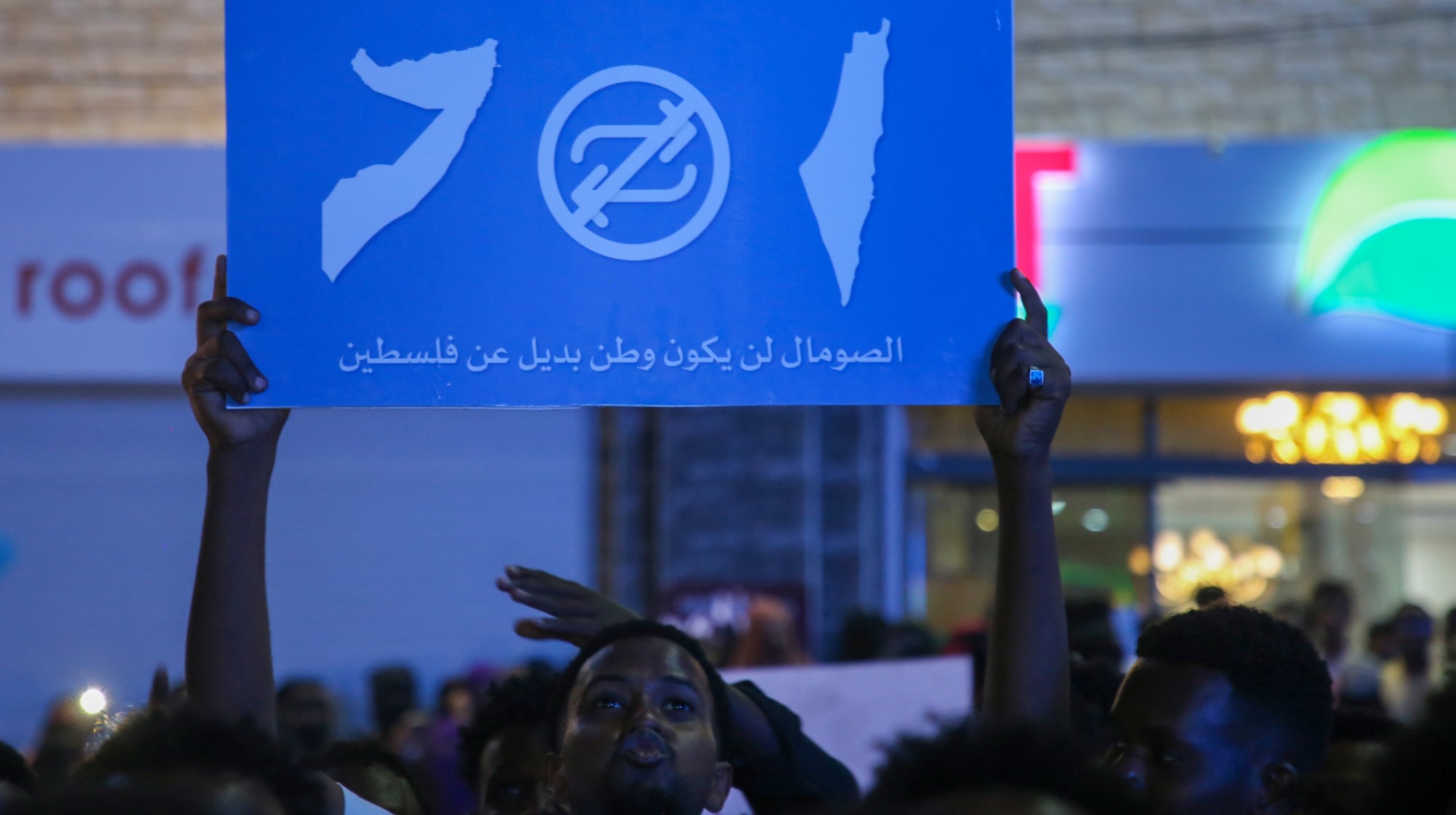What countries could emerge as peacemakers in the Israel-Hamas war?
Nations from Jordan to the United States have been proposed as key brokers in the conflict


The conflict between Israel and Hamas is stretching on, and thousands of people have died as a result of violence in Israel and the Palestinian-held Gaza Strip. As the war continues, both sides have traded blame — particularly following a deadly airstrike on a hospital in Gaza — as a looming question remains: Will any nation actually involve itself in a peacemaking process?
Western countries such as the United States and swaths of the EU have pledged to defend Israel. President Biden himself touched down in Israel in mid-October to meet with Prime Minister Benjamin Netanyahu and "stand in solidarity with the Israeli people following Hamas's terrorist attack," he said. A number of Middle Eastern nations, meanwhile, have called for supporting Palestinians and ending the humanitarian crisis befalling Gaza.
But what country could emerge as a potential middle ground to broker peacemaking talks? The United States has been thrown around as an obvious choice, but other countries such as Jordan and European nations have been proposed as intermediaries.
The Week
Escape your echo chamber. Get the facts behind the news, plus analysis from multiple perspectives.

Sign up for The Week's Free Newsletters
From our morning news briefing to a weekly Good News Newsletter, get the best of The Week delivered directly to your inbox.
From our morning news briefing to a weekly Good News Newsletter, get the best of The Week delivered directly to your inbox.
What are the commentators saying?
The U.S. appears to have taken the lead in trying to bring about peace, as the country "has a long history of playing peacemaker in the Israeli-Palestinian conflict," Elise Labott wrote for Politico. However, an American-led push for peace may be compounded because the last two decades of U.S. foreign policy have "left tensions in the region boiling while the United States began to gradually withdraw its involvement in the conflict," Labott added. She opined that, particularly under the Biden administration, the U.S. "relegated the Middle East to a secondary concern" while focusing on growing domestic problems.
"I have never seen the U.S. peacekeeping role to be as limited in ambition as I see it now," former Egyptian Foreign Minister Nabil Fahmy told Politico. "You’re seeing an erosion of a two-state solution with only ... a half-hearted commitment on the part of the Americans."
An alternate option for brokering peace could come from Jordan, which has sometimes been seen as a stable party in the region. Jordanian King Abdullah II has been a historic ally of the United States. However, this goodwill may have soured after the hospital airstrike in Gaza. Biden had a planned meeting with Arab leaders in Jordan canceled as a result. While both sides have blamed each other for the attack, intelligence experts told The Associated Press that the strike likely originated not from Israel, but from "a rocket within Gaza that veered off."
While Jordan signed a peace treaty with Israel in the 1990s, "its decision to call off the summit underscores a complex history with Israel that stretches back to the very founding of the latter," Mazier Motamedi wrote for Al Jazeera. But despite being peaceful on paper, relations between Israel and Jordan have been frigid. While these relations "appeared to have improved" in recent years, Motamedi opined, "Israel’s war on Gaza could reverse that trend." However, Jordan "is also highly wary of a new influx of Palestinian refugees," and as a result, "cannot afford to see the war escalate." This could be a catalyst for Jordan to help mediate peace, feelings aside.
A free daily email with the biggest news stories of the day – and the best features from TheWeek.com
The European Union has also been looked at as a possible peace broker, given its interconnectivity with the Middle East. But Europe's "shambles over the latest Israeli-Palestinian crisis is more typical of inter-state, political and turf disputes," Paul Taylor opined for The Guardian. Taylor added that the "highest levels of the EU reflect longstanding rifts among and within European countries over the Israeli-Palestinian conflict," making a unified message among all the nations of the EU difficult.
What next?
As the search for intermediaries continues, Israel approved the entry of humanitarian aid into Gaza by way of Egypt, reportedly following pressure from Biden. The president also announced that, while his support for Israel remains steadfast, the United States would provide $100 million to Palestinians in Gaza to provide "clean water, food, hygiene support, medical care and other essential needs."
The first convoy of 20 trucks was finally allowed to arrive in Gaza. The United Nations welcomed the aid, but said that it was not enough, per Reuters, and that closer to 100 trucks per day would be needed to account for all the Palestinians in Gaza.
Netanyahu's office reiterated in a statement that Israel would continue allowing aid to reach Gaza "as it is only food, water and medicine for the civilian population." However, the prime minister added that the aid would continue only "as long as these supplies do not reach Hamas."
Justin Klawans has worked as a staff writer at The Week since 2022. He began his career covering local news before joining Newsweek as a breaking news reporter, where he wrote about politics, national and global affairs, business, crime, sports, film, television and other news. Justin has also freelanced for outlets including Collider and United Press International.
-
 How realistic is the Democratic plan to retake the Senate this year?
How realistic is the Democratic plan to retake the Senate this year?TODAY’S BIG QUESTION Schumer is growing bullish on his party’s odds in November — is it typical partisan optimism, or something more?
-
 Taxes: It’s California vs. the billionaires
Taxes: It’s California vs. the billionairesFeature Larry Page and Peter Thiel may take their wealth elsewhere
-
 Buffett: The end of a golden era for Berkshire Hathaway
Buffett: The end of a golden era for Berkshire HathawayFeature After 60 years, the Oracle of Omaha retires
-
 Why Greenland’s natural resources are nearly impossible to mine
Why Greenland’s natural resources are nearly impossible to mineThe Explainer The country’s natural landscape makes the task extremely difficult
-
 Trump, Iran trade threats as protest deaths rise
Trump, Iran trade threats as protest deaths riseSpeed Read The death toll in Iran has surpassed 500
-
 Iran cuts internet as protests escalate
Iran cuts internet as protests escalateSpeed Reada Government buildings across the country have been set on fire
-
 US nabs ‘shadow’ tanker claimed by Russia
US nabs ‘shadow’ tanker claimed by RussiaSpeed Read The ship was one of two vessels seized by the US military
-
 Iran’s government rocked by protests
Iran’s government rocked by protestsSpeed Read The death toll from protests sparked by the collapse of Iran’s currency has reached at least 19
-
 Why is Iran facing its biggest protests in years?
Why is Iran facing its biggest protests in years?TODAY’S BIG QUESTION Iranians are taking to the streets as a growing movement of civic unrest threatens a fragile stability
-
 What will happen in 2026? Predictions and events
What will happen in 2026? Predictions and eventsIn Depth The new year could bring peace in Ukraine or war in Venezuela, as Donald Trump prepares to host a highly politicised World Cup and Nasa returns to the Moon
-
 Why recognizing Somaliland is so risky for Israel
Why recognizing Somaliland is so risky for IsraelTHE EXPLAINER By wading into one of North Africa’s most fraught political schisms, the Netanyahu government risks further international isolation
